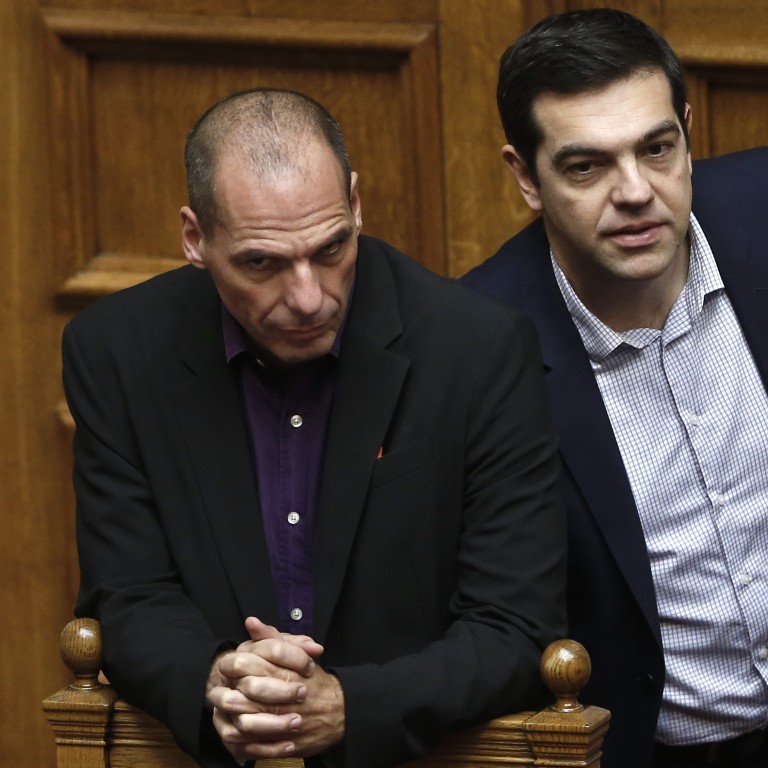
Greece's euro-zone troubles are on the fast track to a tragic end
Stefan Auer says the Greek rebellion against Germany's financial regimen, while full of drama, may stop short of producing the change really needed to prevent a painful Grexit
Writing for the in 2011, I likened the dysfunctional relationship within Europe's currency union to Tolstoy's . She had this to say about her husband: "I have heard it said that women love men even for their vices, but I hate him for his virtues … Would you believe it, that knowing he's a good man, a splendid man, that I'm not worth his little finger, still I hate him. I hate him for his generosity."
Germany is the virtuous husband, and passionate (though misguided) Anna is Greece. Germany is feared, respected and despised for its virtues. The fact that Anna's husband is right doesn't make it easier for her to accept his solutions. On the contrary, it makes it harder, nay, impossible. In a similar way, German prescriptions for the Greek debt crisis might be sensible, but that didn't make them acceptable. Germany might have been right factually; still, its policies smack of foreign domination.
Five years after the eruption of the euro-zone crisis, Greeks are about to live up to the reputation of the rebellious Anna of Tolstoy's imagination. Both the Greek finance minister, Yanis Varoufakis, and new Prime Minister Alexis Tsipras play their roles well: they are flamboyant in appearance and passionate in argumentation. And this resonates not just with the Greek electorate but observers around the globe.
We, too, love Greeks "even for their vices". Whether you are on the left or the right, you root for Varoufakis against his German counterpart, Wolfgang Schäuble.
This is remarkable, because whatever reforms the euro zone might need as a whole, Greece ought to change internally, too. Greece needs a competitive economy and a tax system commensurate with the provision of services that the people have come to expect from their state. Syriza cannot deliver either. What it can and will deliver is a rebellion against Germany. Will that be enough?
The problems that Greece and Europe are facing are not just economic. Now, more than ever, this is a crisis of democracy and the European project as such. More is at stake than just preventing Greece's default. What needs preserving is Europe's unity.
In a tense geopolitical situation, in which Vladimir Putin's Russia is as dangerous and unpredictable as ever, a disorderly "Grexit" is the last thing EU leaders want. But this is what they are likely to get. The first meeting of the finance ministers didn't deliver any results, and not much can be expected from the follow-up gathering on Monday.
Anna Karenina escaped her predicament by suicide. The Greek government has no intention to leave the euro zone, or the European Union. But it might end up achieving exactly that. The threat of the Greek Defence Minister Panos Kammenos to seek alternative alliances with China, Russia or the US doesn't give much reason for optimism. Neither do Varoufakis' defiant gestures, such as his invocation of the famous lines by Dylan Thomas:
